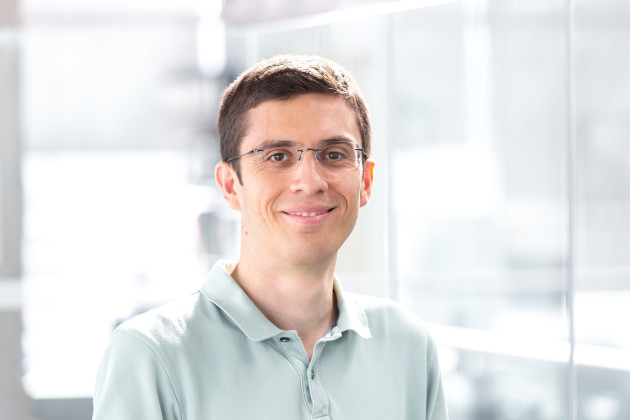
[Imperial’s 10x5 Wind Tunnel is normally a testing facility for aerodynamic development and safety evaluation of everything from road and race cars to aircraft, buildings and structures. During Summer 2020, Department of Aeronautics researchers led by Professors Denis Doorly and Spencer Sherwin were measuring the transmission risk of COVID-19 carrier particles during outdoor exercise. ©Thomas Angus / Imperial College London]
The advice of disease modelers and virologists at Imperial has shaped responses to COVID-19 at home and abroad. In the United Kingdom, the crisis catapulted experts back to the heart of strategic decision-making, with the government opening up again to peer-reviewed evidence and well-informed debate about its policy choices. This is also important for climate action.
With a foot in the door as disruption leads people to reconsider what they value, the Grantham Institute is strongly advocating for a ‘net-zero emissions’ recovery and a resilient future. The pandemic’s unfamiliar threat meant that many countries introduced untested responses, that saved lives but hurt economies, with the least well-off being hardest hit. The local and global dangers of climate change are well-enough understood that preparation now could avoid similarly negative outcomes.
We see economic support helping people through the pandemic, building a platform for recovery, and promoting future-proofed initiatives. Rather than bolstering unsustainable practices, the right investment can deliver clean, green and fair outcomes for all, and Grantham Institute research has shown that this is achievable
pandemic to net zero
- Profile: Dr Paulo Ceppi, Imperial College Research Fellow and Grantham Lecturer in Climate Science
- Sound Investment: renewables outperform fossil fuels
- The case for a green economic recovery
- Tracking and improving air pollution benefits public health and climate
- Quick read: Ones to watch
Contact us
Email us at: grantham@imperial.ac.uk
Phone us on: +44 (0)20 7594 9666
Privacy Notice
View the Grantham Institute Privacy Notice.
 Dr Paulo Ceppi, who
Dr Paulo Ceppi, who  Offshore wind farms built in the UK now are likely to reduce household energy bills by producing electricity very cheaply. That is the conclusion of
Offshore wind farms built in the UK now are likely to reduce household energy bills by producing electricity very cheaply. That is the conclusion of